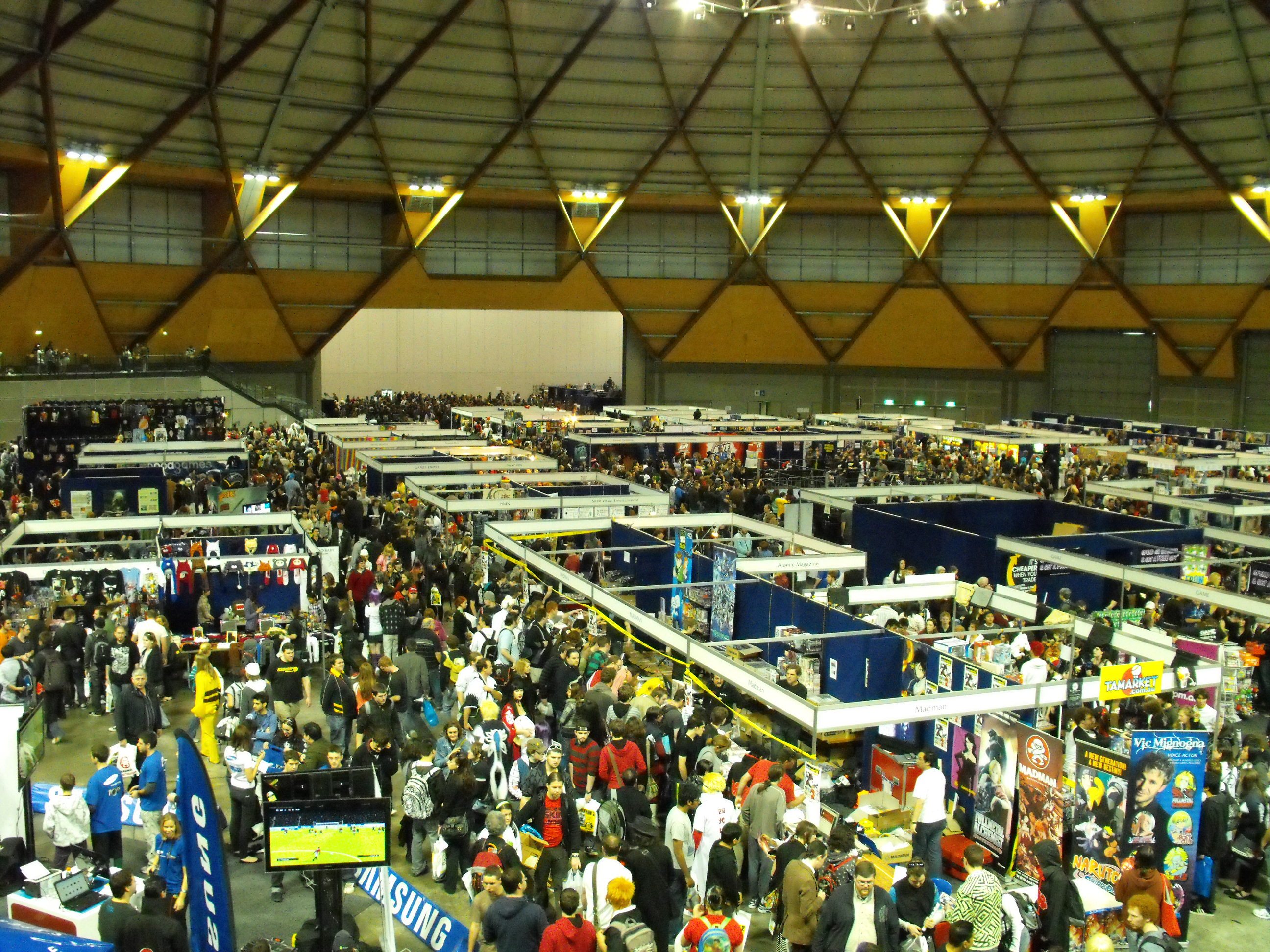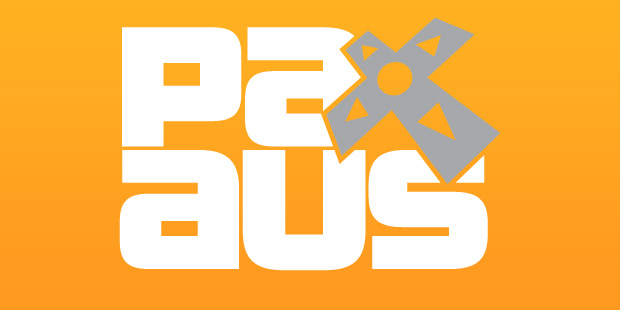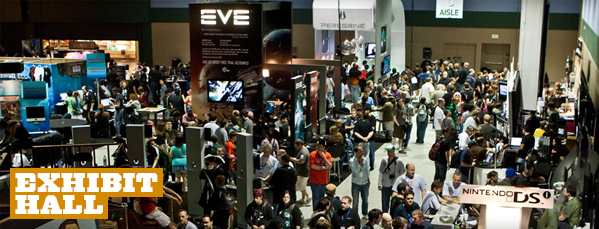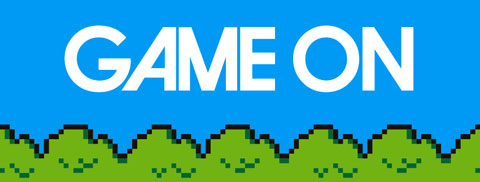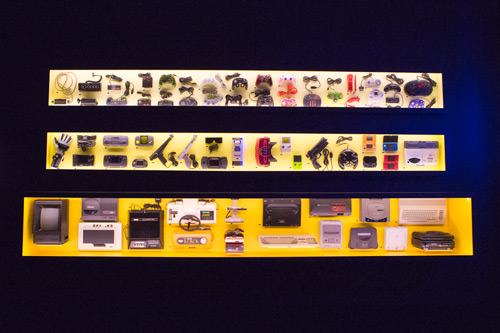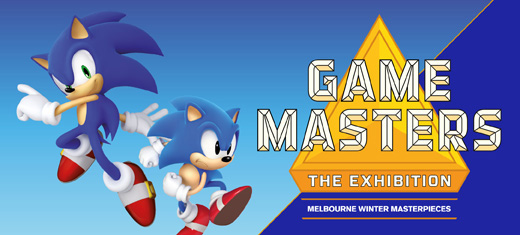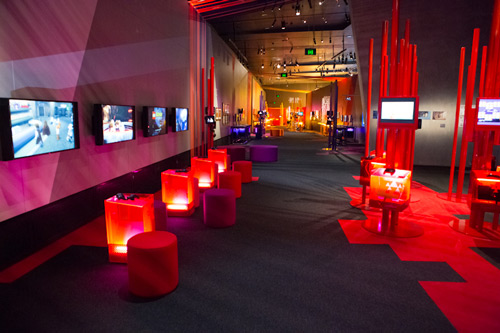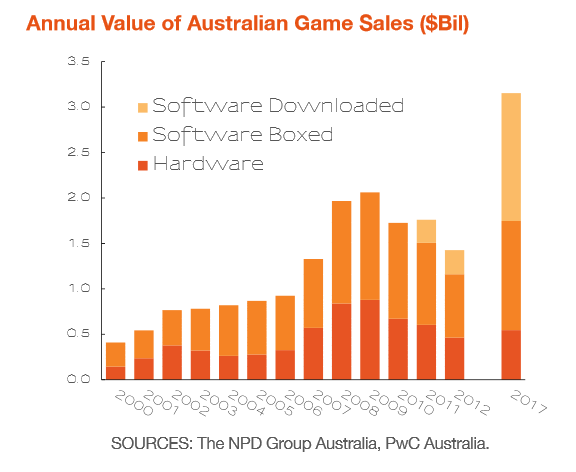AustLit
-
Video games have entertained millions of players all over the world, this section aims to assess why video games have become a cultural asset within the Australian culture. In Australia alone 71% of households have 2 or more gamers ranging from console gamers to mobile gamers, it has become part of our society as technology continues to advance (IGEA). Hjorth and Dean note that "gaming cultures are social cultures" (2) as such what we do socially related to video games is of great importance when considering what kind of culture impact they have in Australia.
The popularity of video games as a cultural asset within Australia is clear by the growing popularity of video game related conventions and its advancement into academia based exhibitions.
-
Also signaling the rising cultural popularity of video games is the establishment of conventions dedicated to video game culture. Bringing together thousands of people annually at various locations around Australia, the popularity of these conventions is a good indication of how culturally influencing video games are. In the last 10 years every Australian capital city has had a pop culture convention except Darwin, with most cities hosting 2-3 a year and hosting crowds up to the thousands of people (Webb).
The most prominent conventions in the Australian sphere are Supernova Pop Culture Expo, PAX (Penny Arcade Expo) AUS and OZ Comic-Con.
-
Supernova
Established in 2002 and held three times annually in various capital cities around Australia, Supernova Pop Culture Expo is a fan convention celebrating science fiction and fantasy film and TV, comic books, anime, gaming and collectables (Supernova Pop Culture Expo). It has been gaining momentum not just for its promotion of video game culture but its .. In 2013 Supernova attracted 160,000 attendees nationally with that number set to rise over the coming years (Supernova Pop Culture Expo).
-
PAX AUS
PAX AUS, only established in 2013 is the Australian version of the American convention's PAX Prime and PAX East (Penny Arcade). PAX Aus represents the first time which a Penny Arcade Expo has been held outside of the US. showing how Australia is slowly gaining momentum on the global video gaming stage (Penny Arcade).
-
OZ Comic-Con
Oz Comic-Con is also a new convention, starting out in 2012, which aims to reflect the American Comic-Con conventions. Oz Comic-Con however is not directly associated with the Comic-Con International conventions, to the confusion of the Australian public and has been receiving negative comments for its incorrect use of the Comic-Con brand name (Serrels). It does however reflect the intention of the International Comic-Con conventions in its love of and celebration of popular culture.
-
The Australian Centre for the Moving Image (ACMI) has also held Exhibitions chronicling the life of video games on a world wide scale. In tandem with other exhibitions, these reflect how video games are becoming a digital text
The two most notable video game exhibitions held by ACMI are 'Game Masters' and 'Game On'.
-
The ACMI 'Game On' Exhibition aimed to chronicle the evolution of video gaming and video gaming devices over the last 35 years (ACMI). 'Game On' traced the development of the very first video game 'Space Wars' in 1962 and how the industry has expanded to arcades, through to consoles and PC games, then to the mobile and online platforms of today (ACMI).
By bringing together rarely-seen consoles, controllers, arcade machines, packaging and a large variety of collectables it showcases the history of the video game industry in full (ACMI). It also aims to give an inside look into the production and creative development of video games by providing original illustration art and concept sketches (ACMI).
This exhibition ran in the ACMI centre in Melbourne, Australia from the Mar 6 - July 13 2008 (ACMI).
-
Curated by the ACMI centre, the 'Game Masters' exhibition aims to celebrate the work in video games of the world's most influential and creative video game designers from all over the world (ACMI). It showcases the work of over 30 game designers, complete with in depth product information from the developmental stage to the final product and publication (ACMI).
This exhibition was presented at the ACMI centre in Melbourne, Australia from 28 June - 28 October 2012. It was then taken on an international tour to the Te Papa Tongarewa National Museum of New Zealand, Wellington, New Zealand from the 15 December 2012 - 28 April 2013 before returning to the Powerhouse Museum of Applied Arts and Science in Sydney, Australia from the 13 December 2013 - 13 July 2014. It is set to open in the National Museum of Scotland in Edinburgh, Scotland on 5 December 2014 (ACMI).
-
Our world is forever changing, and our age is one in which technology is often the pioneer which dictates the cultural transitions which accompany the technological advancements (Egenfelt et al 1). The world has changed from one which people were content with being passively entertained, to be readers of books, watchers of stage plays and then screen plays, to listen to music all of which aimed to captivate hearts and entertain the masses. Video games therefore represent a new form of electronic media the transformation of traditional literature and film into the interactive digital media that video games is (Provenzo 845). With the advancement of digital entertainment, people were able to take a more active role in which you could be the player, the hero of the story (Egenfelt et al 1). Inevitably academics took notice of the phenomenon of video games, introducing it as a field of study and producing many new theories devoted to the medium, most of which have only been published in the past few years (Egenfelt et al 2).
-
Australia's video game industry continues to grow on an economic scale as well, with the video game industry now double the size of the box office and more than 40 percent larger than the music disc industry in Australia (GDAA). This reflects the current state of the global industry, in 2002 $40.9 billion of video games were sold which is more than the worldwide box office takings for the film industry (Australian Government). In addition to that the Australian gaming sector is predicted to experience and annual compound growth rate of 7.4 percent over the next few year (Maguire). The Australian video game industry contributes approximately $140 million dollars per year to the Australian economy, with Australian's spending an estimated $2 million per day on interactive video games (Broker).
There are rising concerns however that the Australian games industry cannot reach its full potential without a growth in Australian based development companies (Haukka and Corazy 5). This is because of the lack of skilled developers based in Australia in addition to a lack of trained graduates to enter and strengthen the industry, without a increase in these aspects, the Australian video games industry will not be able to reach its full potential in the near future (Haukka and Corazy).
-
The Australian video game industry host a vast connections to other media industries including screen media and music. In particular there is a strong connection the screen media industry with sources such as Screen Australia prepared to offer funding and grants towards the Australian video game industry.
The Australian video game industry also receives support and funding from not only these connected media industries but also the Australian government, this funding is aimed to lead towards the continued growth and then the eventual self-sustainability of the video game industry. In 2012 the Australian government put $20 million worth of funding into the video games industry (Serrels), followed up by $2 million of funding from Screen Media in 2013 (Screen Media).
-
Australia's video game industry is yet to completely establish itself on an international level, with companies such as Electronic Arts, Sony and Nintendo dominating the international market. This is partially due to geographical reasons, Australia is distanced from the major video game markets, namely America and Asia and this can cause problems for developers and publishers attempting to establish themselves from Australia if they want to reach these international markets.
Australian video game companies however produce $100 million of games a year, and certainly contribute to the international market on some level.
You might be interested in...


